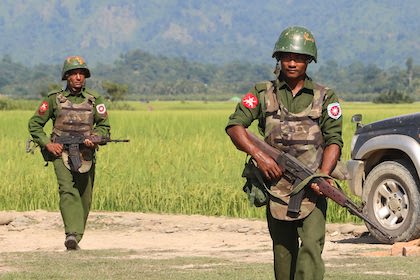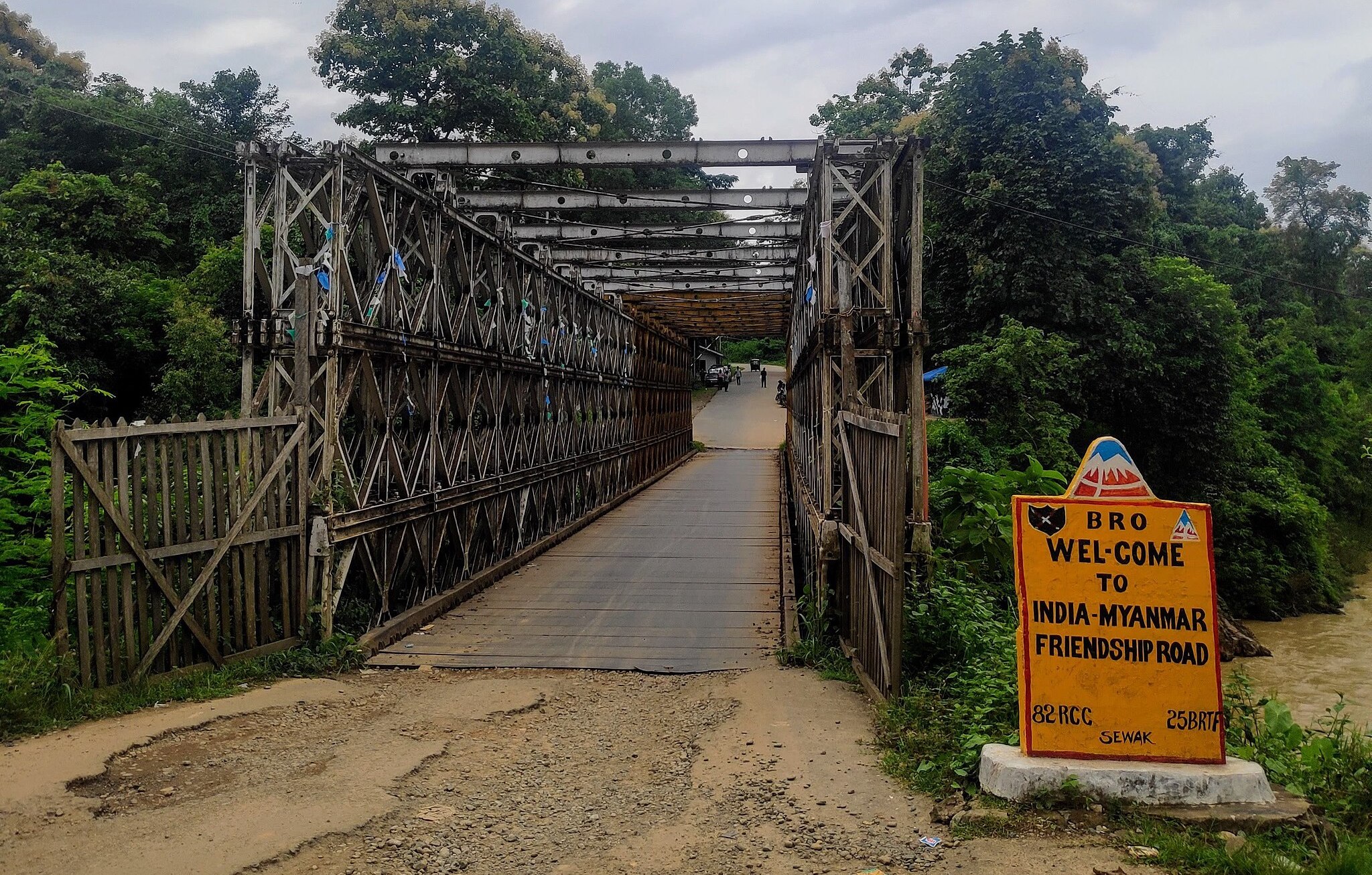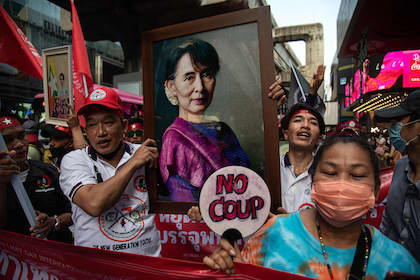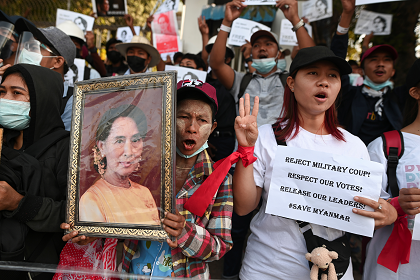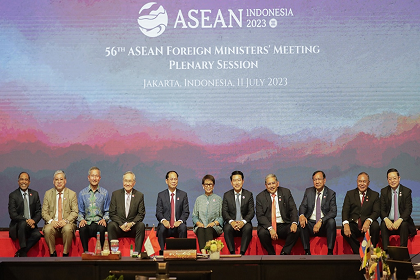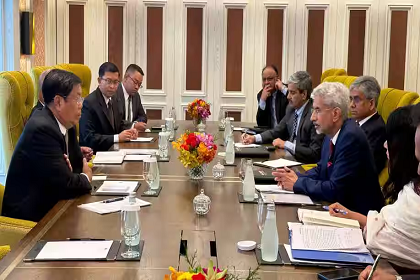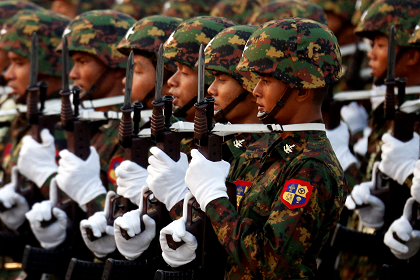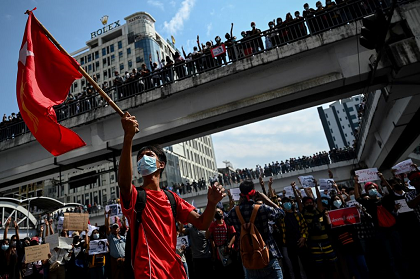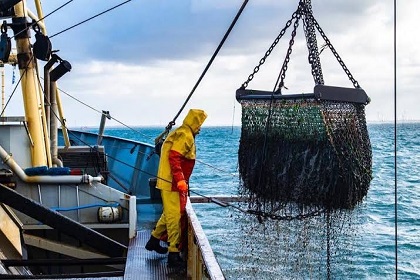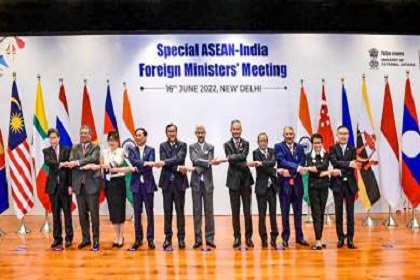Finding light in Myanmar’s darkness
The conflict in Myanmar is now three years old. It has created a power struggle within the military, and between the army, political class, and armed ethnic groups, a civil war with little hope for victory. India's policy towards Myanmar needs reassessment, given the rising refugee influx and security concerns.

